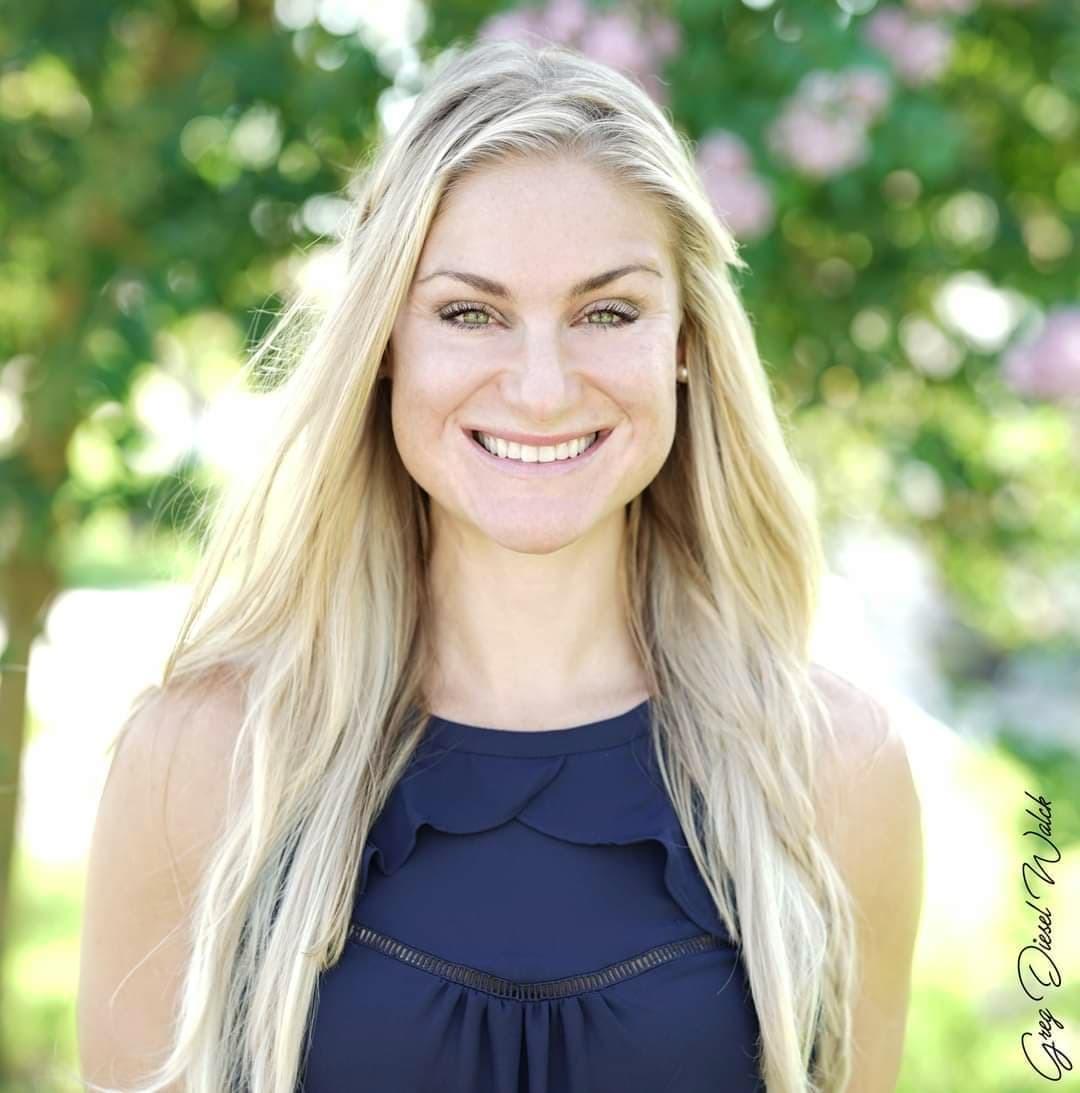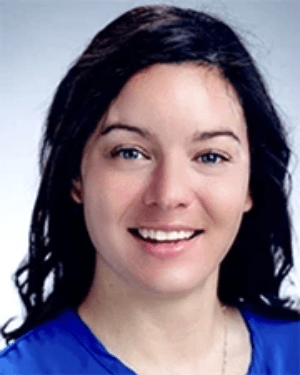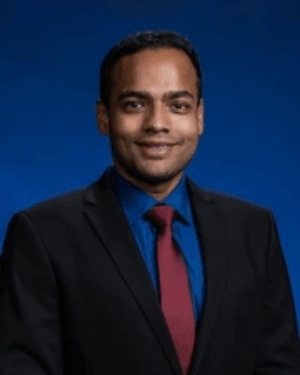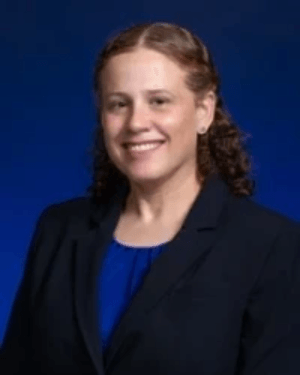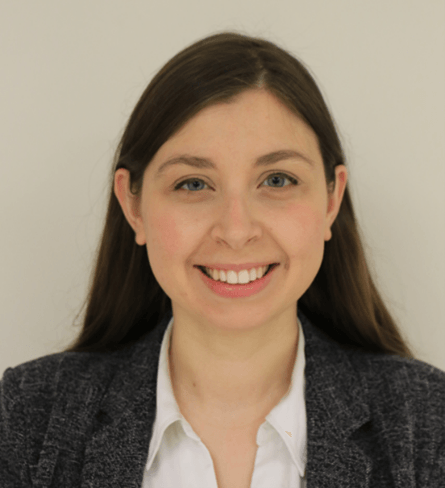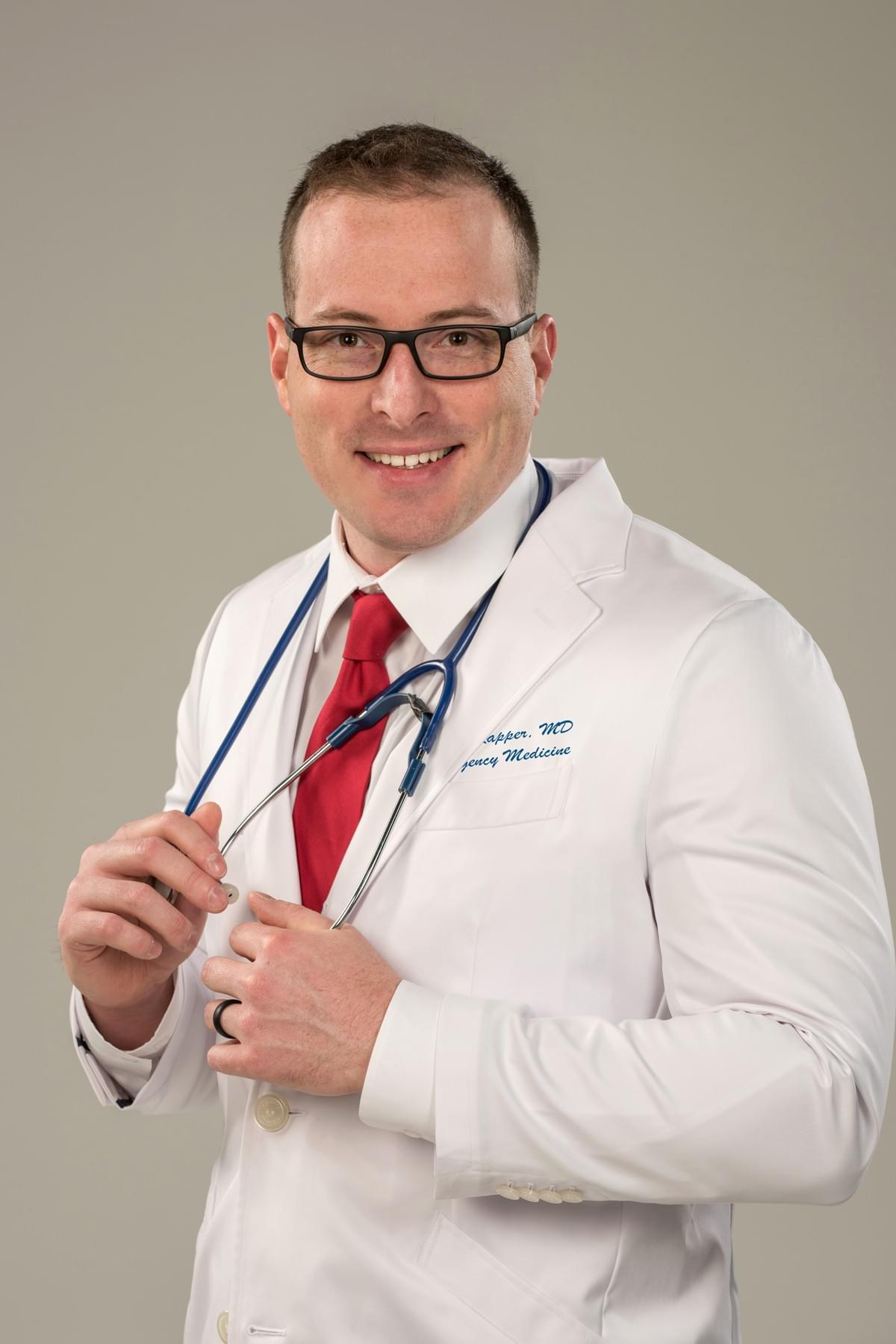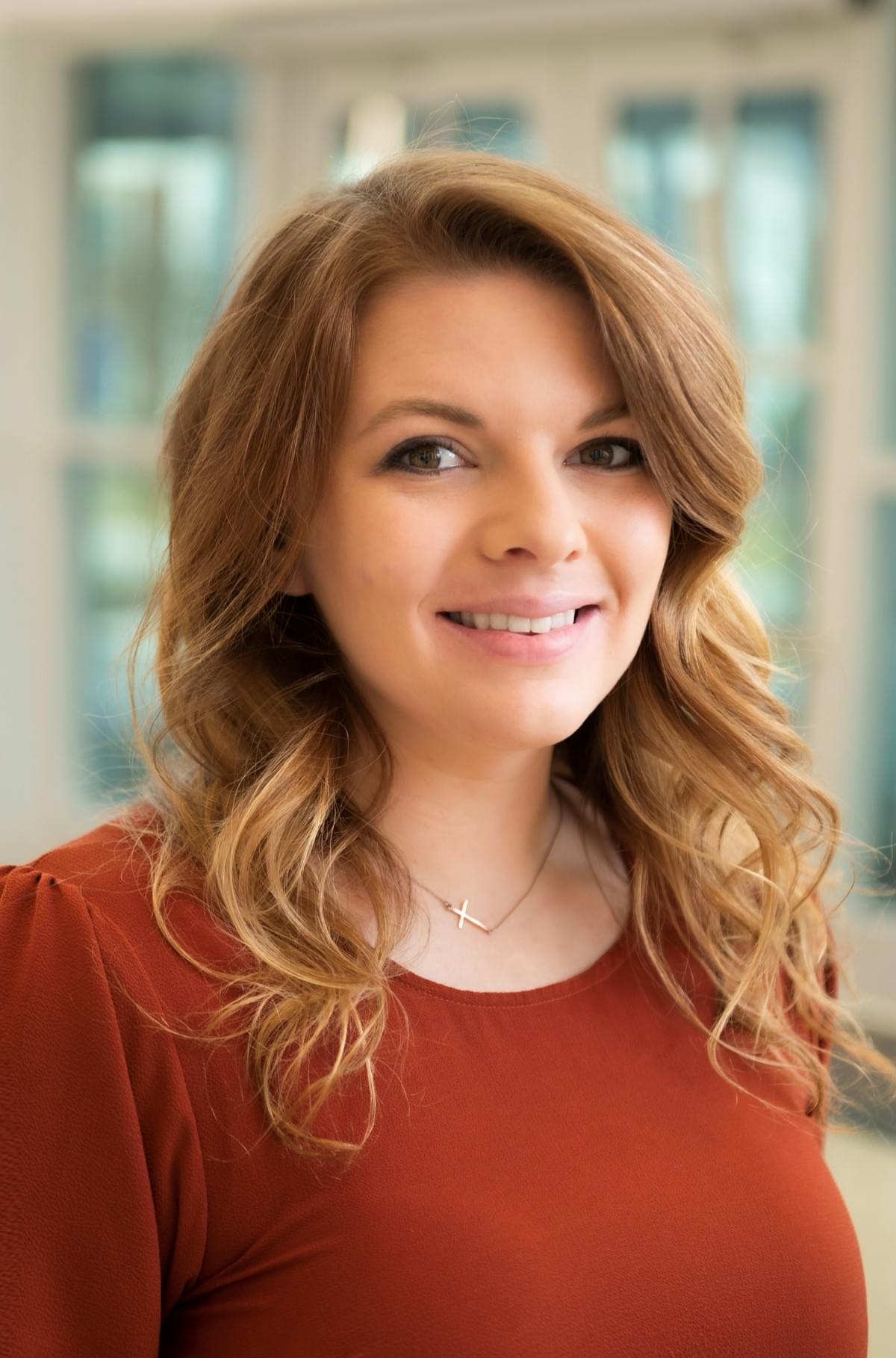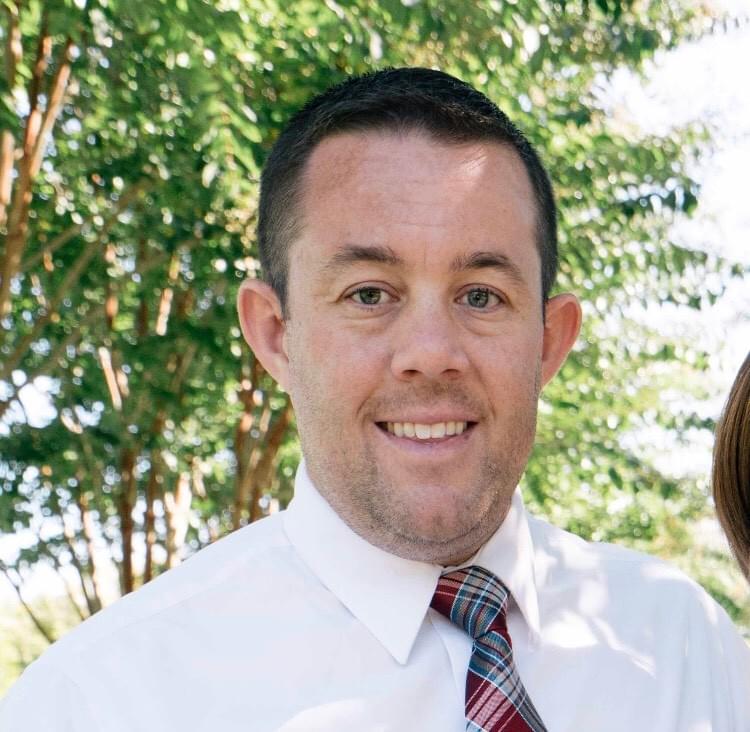


Embry-RiddleBiomechanics and Aerospace Laboratory (ERBaL)


Embry-RiddleBiomechanics and Aerospace Laboratory (ERBaL)
- …

Meet ERBAL's Team

Dr. Christine Walck spent the first 8 years of her professional career serving the Tactical Electronic Warfare Division - Vehicle Research Section of the U.S. Naval Research Laboratory (NRL) in Washington, D.C. as a Mechanical Engineer and has most recently (2019) joined the Mechanical Engineering department at Embry-Riddle Aeronautical University (ERAU) as an Assistant Professor. She has extensive experience in unmanned systems and deceptive devices (decoys). While at NRL, Dr. Walck was responsible for design engineering and structural analysis including model creation, computerized renderings, technical drawings, specifications, and rapid prototype fabrication, as well as systems engineering including threat assessments and sustainable transition efforts. These tasks have proved valuable in her transition into academia serving as the primary investigator for the Embry-RiddleBiomechanics and Aerospace Laboratory (ERBaL). At ERBAL, she applies her skills in biomechanics, computer science, imaging, and neuroscience to analyze muscle function, study human movement, enhance medical rehabilitation protocols, and optimize human performance. In addition, Dr. Walck is the primary advisor to ERAU’s Intelligent Ground Vehicle Competition (IGVC) Auto-Nav and Self-Drive Competitions and has worked for the past year implementing and enhancing Robotic Technology Kernel (RTK) a Polaris GEM vehicle under contract from the U.S. Army Ground Vehicle Systems Center (GVSC). Under this contract, she has provided continue RTK training to the employees of GVSC. Dr. Walck has experience in clinical trials related to human performance, knowledge in motion analysis and musculoskeletal modeling, as well as a strong history of writing/reviewing project requirements and sustainable transition efforts. Dr. Walck is also an active supporter of engineering and science for all. She promotes STEM through educational opportunities. She has presented with host Ira Flatow from Science Friday and served 3 years as co-host for RoboNation TV; a program established by the Association for Unmanned Vehicles Systems International (AUVSI) Foundation.

Dr. Amber Paul
Amber M. Paul, Ph.D., is the Embry-Riddle Wessel Fellow. Dr. Paul received her BSc in Immunology from the University of Alberta, Canada and Ph.D. in Molecular Biology from the University of Southern Mississippi. She completed postdoctoral training at NASA Ames Research Center as a Universities Space Research Association fellow and is a visiting Blue Marble Space Institute of Science visiting scholar. Dr. Paul's research focuses on immunity and neuroendocrine crosstalk in extreme environmental conditions. She is interested in how physiological stress in both acute and chronic settings impacts immunity and nervous system function. Her goal is to identify signaling pathways involved and develop countermeasures that can circumvent these impacts. Dr. Paul’s research is currently supported by NASA's Human Research Program. She is currently co-leading the The Omics Lab for Health and Human Performance.

Dr. Siddhard Parida
Dr. Parida’s research focuses on developing data-driven physics-based modeling frameworks that estimate model parameters in a Bayesian machine learning framework and forecast behavior of dynamic systems probabilistically. This eliminates the complacency of a purely empirical approach based only on observed data, while ensuring that physics of the problem is captured. Moreover, any uncertainty associated with the system is also robustly quantified.
His teaching interests closely relate to research interests. Broadly they are in theoretical and computational solid mechanics with emphasis on geomechanics, application of probability theory in civil engineering, and data assimilation and stochastic filtering for civil engineers.
Dr. Monica Garcia
Dr. Garcia is an Assistant Professor of Mechanical Engineering at ERAU. Dr. Garcia earned her B.S. in Biomedical Engineering from Johns Hopkins University and her Ph.D. in Mechanical Engineering and Materials Science from Duke University. After graduation, Dr. Garcia completed a post-doc at the University of Rochester before joining the U.S. Army Research Laboratory (ARL) as a contractor for the Vehicle Technology Directorate. In 2012, Dr. Garcia joined the staff at Southwest Research Institute (SwRI), an independent non-profit research and development laboratory in San Antonio, TX. During her tenure at SwRI, Dr. Garcia conducted research and development activities in the areas of robotics, unmanned systems, electromechanical and optical systems, energy harvesting and transfer, and access denial. Dr. Garcia’s primary research interests focus on robotics and unmanned systems in complex environments. She has led multiple projects and programs in this area including the “Unmanned Aerial System for Primary Containment Vessel Exploration” program that focused on evaluating the feasibility of using small, autonomous UAS to explore inside of the damaged containments at the Fukushima Daiichi Nuclear Power Plant in Japan.

Dr. Emel Sen Kilic
Dr. Emel Sen Kilic earned her Ph.D. in Immunology and Microbial Pathogenesis from West Virginia University, with research focused on developing vaccines and therapeutics against Gram-negative bacteria. She also holds a Master’s degree in Chemical and Biological Engineering from Koç University and a dual Bachelor of Science in Bioengineering from Istanbul Technical University and Montana State University. She has expertise in computational biology, with a focus on developing and utilizing computational models to study protein-protein interactions. During her post-doctoral studies, she studied host-pathogen interactions using next-generation sequencing techniques. After her post-doc, she worked as an Antibody Discovery Team Leader at West Virginia University Vaccine Development Center.
Dr. Sen-Kilic is a co-leader of the SPACE Lab (Space Physiology Antibody and Cellular Engineering) at Embry-Riddle Aeronautical University (ERAU). Her research focuses on the immune system's response against pathogens. She is interested in understanding host-pathogen interactions in spaceflight environments. Her goal is to create advanced diagnostics and therapeutics specifically adapted for extreme environments, including the unique challenges of spaceflight.
Collaborators

Jordon Kapper, MD
Emergency Medicine Physician
Dr. Jordan Kapper is an Emergency Medicine physician, teacher, investor and medical advisor. Dr. Kapper is deeply committed to medical education and the delivery of quality patient care. He started his medical career at the University of South Florida College of Medicine, and further honed his expertise during his Emergency Medicine residency at St Luke’s University Health Network.
After training, Kapper started his career as an attending at St. Luke's as an Academic Attending Physician, successfully striking a balance between providing patient care and teaching medical residents. Currently, he embraces the dynamic nature of a full-time locums doctor, serving in various hospitals across the country, while still maintaining a strong connection to resident education.
Always a proponent for continued learning, Kapper has provided numerous lectures on a variety of subjects, his “Introduction to Space Medicine” being particularly noteworthy for its innovative combination of medical and space science.
Outside of his medical endeavors, Kapper successfully ventured into the real estate industry with Lantern Light Capital. Additionally, his fluency in Spanish allows him to provide care for a diverse patient population.
In his current role, Kapper serves as a Medical Advisor for the Embry-Riddle Biomechanics Analysis Laboratory, directed by Dr. Christine Dailey Walck. This lab uses an interdisciplinary approach, combining biomechanics, computer science, imaging, and neuroscience to analyze muscle function, study human movement, enhance medical rehabilitation protocols, and optimize human performance. Dr. Kapper provides essential medical insights to the team, helping to guide their research and ensure its practical applicability in medical contexts.

Shelby Peel
Assistant Professor
Dr. Shelby Peel is a faculty member in the School of Kinesiology and Nutrition at the University of Southern Mississippi in Hattiesburg, MS. Dr. Peel earned a BS in Health and Human Performance, concentrating in Exercise and Sports Science from the University of Memphis in 2014, a MS in Health and Human Performance, concentrating in Exercise and Sports Science from the University of Memphis in 2016, a MS in Statistics from the University of Tennessee in 2020, and a PhD in Kinesiology and Sport Studies, concentrating in Biomechanics, from the University of Tennessee in 2020. She also completed a post-doctoral fellowship with The Geneva Foundation in conjunction with High Point University from 2020 to 2021. Her research interests include anterior cruciate ligament biomechanics, musculoskeletal modeling, and sport performance and lower extremity injury prevention. Additionally, she has interests in lower extremity injury and rehabilitation in military service members.

Tanner Thorsen
Assistant Professor
Dr. Tanner Thorsen holds a Ph.D. in Kinesiology, Recreation, and Sport Studies, with an emphasis in Biomechanics from the University of Tennessee, Knoxville. He is currently a faculty member in the School of Kinesiology at the University of Southern Mississippi in Hattiesburg, MS. His research interests include cycling biomechanics, musculoskeletal modeling and simulation, and rehabilitative biomechanics. Specifically, he is interested in biomechanically informed rehabilitation protocols for lower extremity orthopedic injuries and diseases (e.g., osteoarthritis, total knee arthroplasty). By utilizing biomechanics to understand patient-specific movement patterns, rehabilitation protocols can be tailored to improve therapeutic and post-operative outcomes. Additionally, he has experience in sports biomechanics, in the realm of collegiate soccer and football, as well as investigating the biomechanical implications of public transit.
Sign up for a creative consultation
Our Partners
Academic Partners:Collaborations include Brown University, UCF, High-Point University, University
of Southern Mississippi, University of Arkansas, and various departments within
ERAU, such as the College of Engineering (COE), College of Arts and Sciences
(COAS), and College of Aviation (COA).Industrial Partners: New FrontierAerospace, Inc, Oceans of Hope Foundation, Orlando Health Hospitals, Advent
Health Hospitals, GRD Biomechanics, TECHFIT Digital Surgery, Censys
Technologies, Lynntech, Inc, Delsys, VICON, Mars-Moon Astronautics Academy and
Research Science (MMAARS), and Vaxxinity.Funding Agencies: My work isfunded by agencies including the National Science Foundation (NSF), NASA, Florida
Space Grant Consortium, U.S. Army ground Vehicles Systems Center, and Office of
Naval Research.
About Us
Our Mission
Join the Team
Resources
Tutorials
Contact Us
Phone/Zoom ID:
386-226-7418
christine.walck@
© 2019
